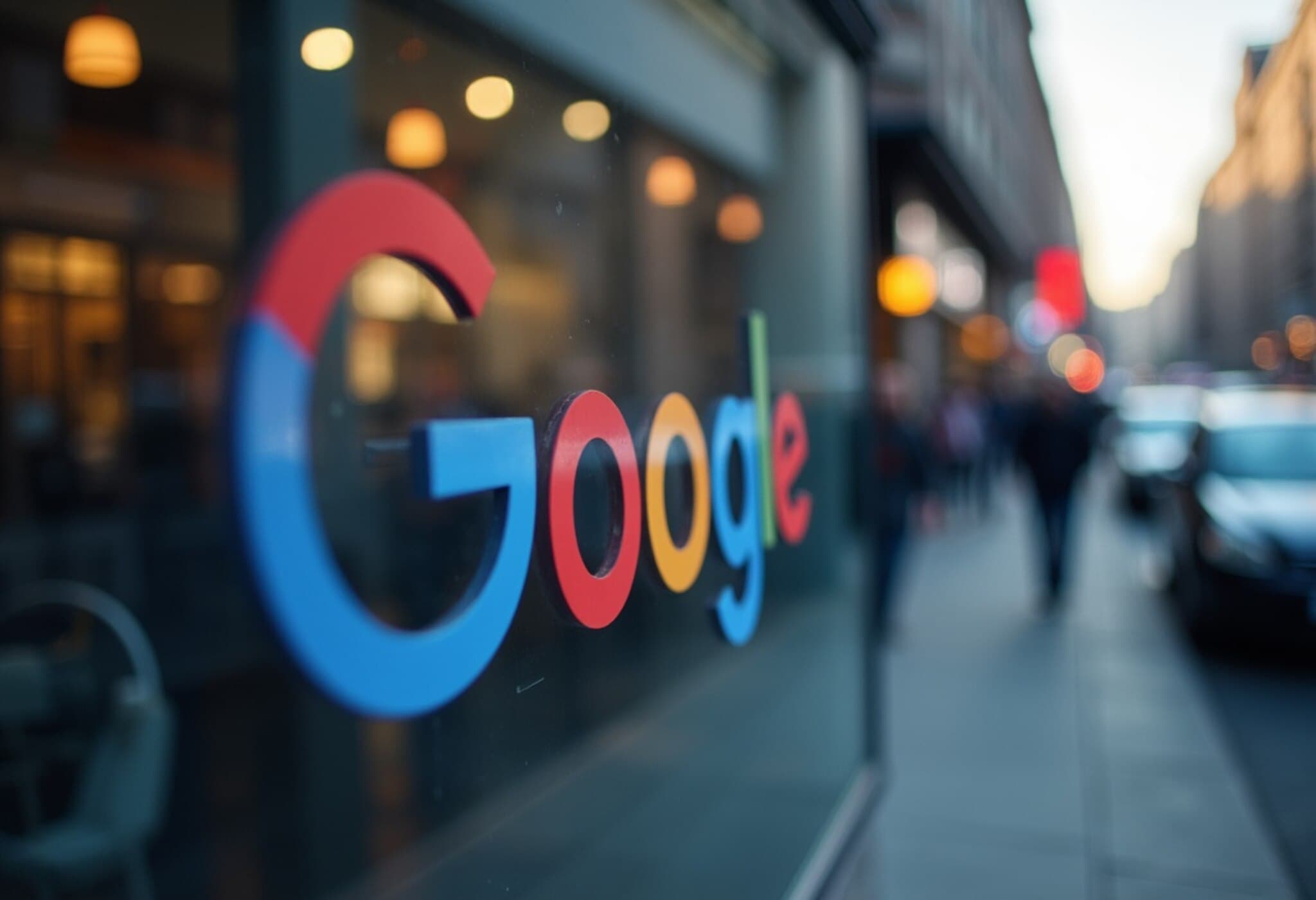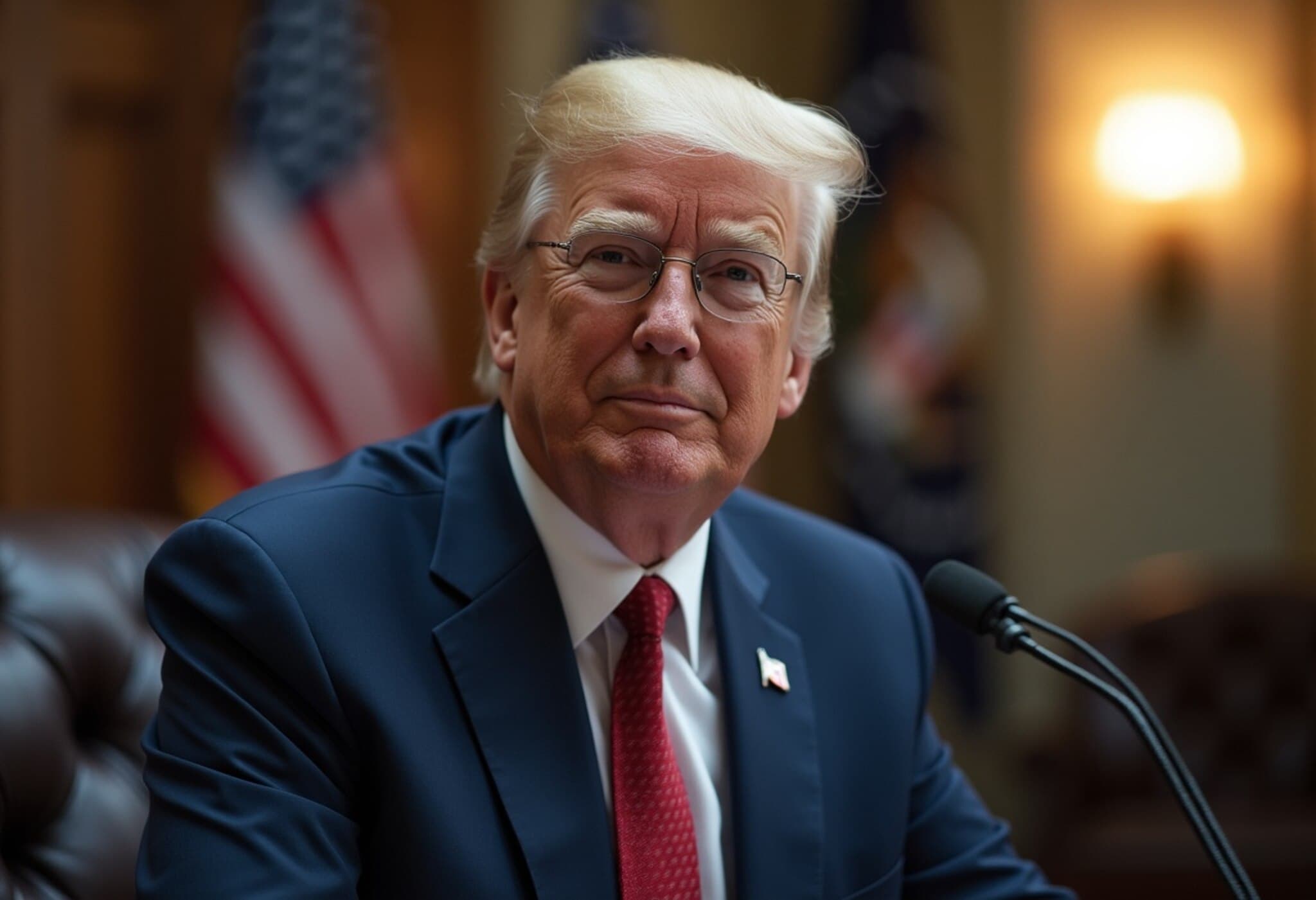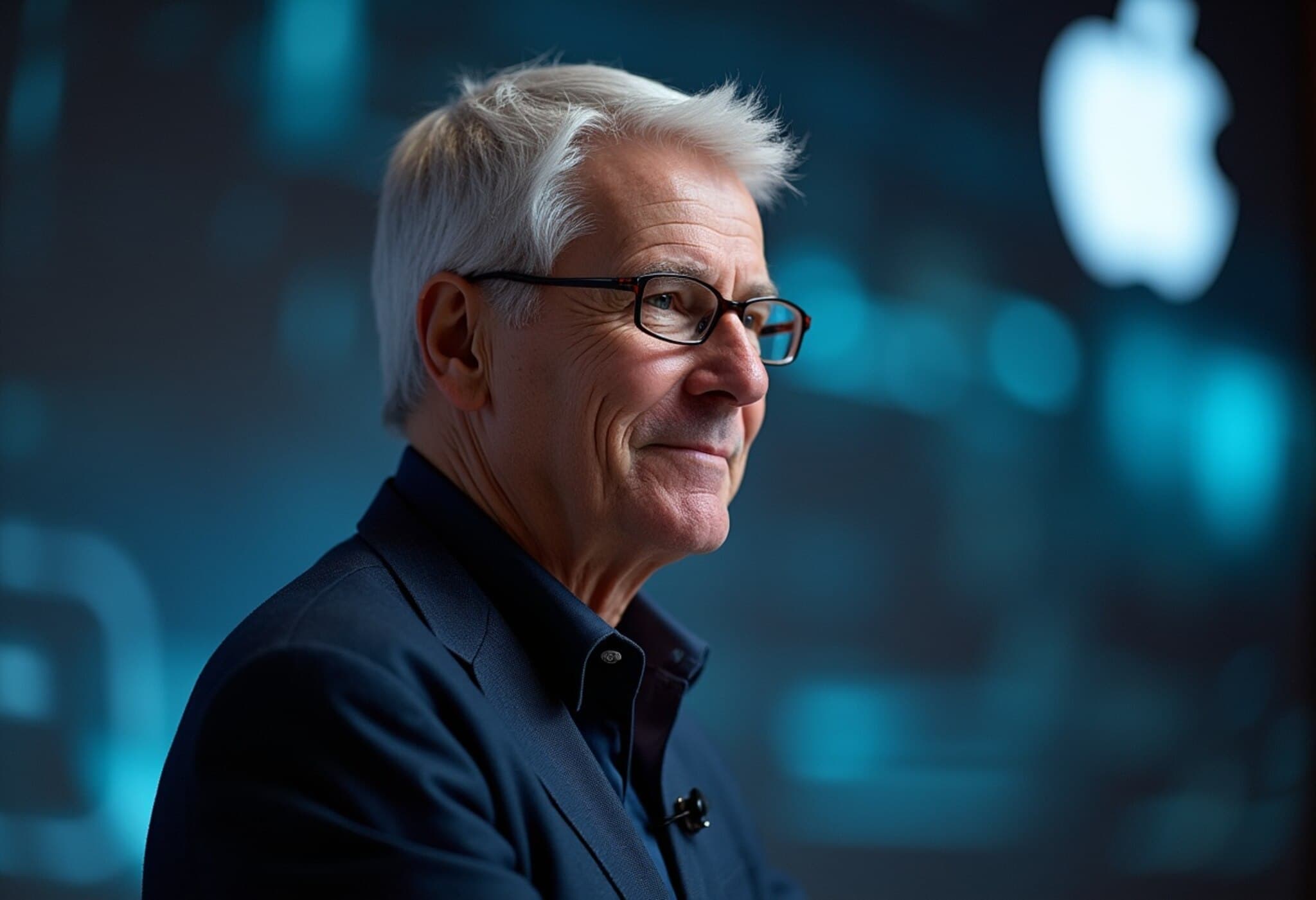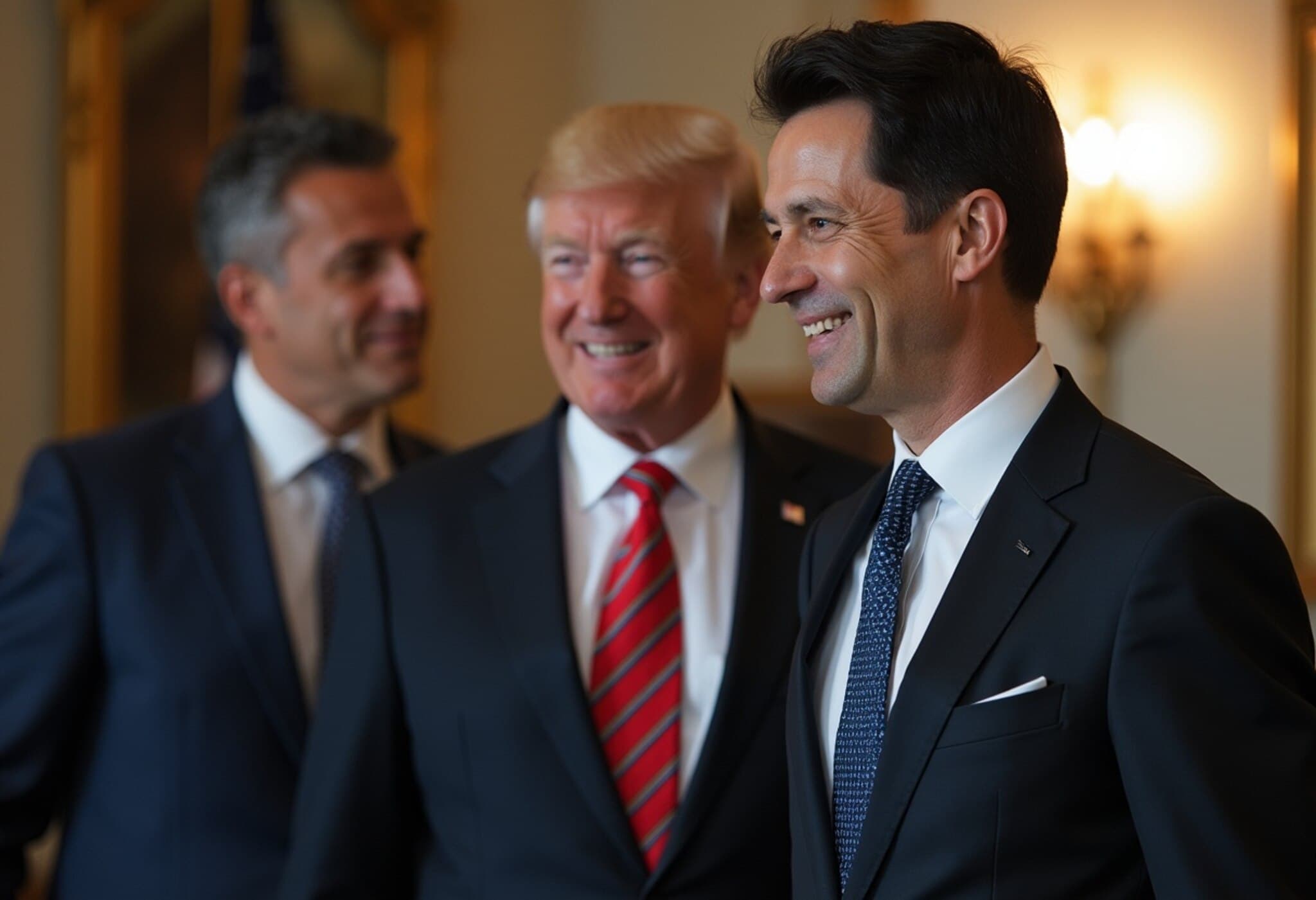UK’s Competition Authority Intensifies Oversight of Apple and Google’s Mobile Ecosystems
In a significant move this July, the United Kingdom’s Competition and Markets Authority (CMA) has proposed designating Apple and Google as possessing “strategic market status” (SMS) — a formal recognition of their dominant market power within the digital mobile ecosystem. This measure enables the regulator to compel these tech giants to amend or cease business practices that may hinder competition or disadvantage consumers and developers.
Understanding the Strategic Market Status (SMS) Designation
The SMS label targets companies with “substantial and entrenched market power” that hold strategic importance in the digital economy, particularly regarding platforms that influence market dynamics and consumer choice. Once designated, the CMA gains the authority to intervene more robustly, enforcing changes designed to foster competition, innovation, and fair-dealing.
Key Concerns Driving CMA’s Investigation
The CMA’s scrutiny, initiated earlier this year in January, revolves around Apple’s iOS and Google’s Android mobile operating systems alongside their respective app stores and browsers. The regulator’s probe has focused on several critical areas:
- Barriers to Competition: Whether the two firms impose obstacles that prevent rival products and services from thriving within their app ecosystems.
- Preferential Treatment: Examination of if and how Apple and Google might prioritize their own apps and services in search rankings or platform features.
- Unfair Developer Terms: Evaluation of app store policies that developers must comply with, which may be considered restrictive or unfair.
Specifically, the CMA has highlighted grievances around uneven and sometimes opaque app review processes, inconsistent app store search rankings that could unfairly favor Apple and Google's native offerings, and the steep commissions of up to 30% charged on certain in-app purchases.
Another contentious issue involves restrictions preventing developers from informing users about alternative, cheaper payment or subscription methods outside of the app stores' payment systems. This practice arguably limits consumer choice and consolidates platform control.
Developers have also expressed unease that Apple and Google might gain access to sensitive commercial data during app approval processes, potentially leveraging this information to outmaneuver competition.
Market Share Snapshot
Based on Kantar data, Google’s Android system commands over 61% of the UK’s mobile OS market, while Apple’s iOS holds over 38%. Google operates the Google Play store and Chrome browser, whereas Apple runs the App Store and Safari browser, making this oversight crucial given their dominant footprint in Britain’s mobile technology landscape.
Apple and Google’s Pushback
Unsurprisingly, both firms have voiced strong opposition to the CMA’s proposals. Apple warned that forced changes could “undermine the privacy and security protections” users expect, stifle innovation, and unfairly require Apple to share proprietary technology with overseas competitors. They stated intent to continue engaging with the CMA to highlight potential risks.
Google’s Senior Director of Competition, Oliver Bethell, emphasized that Android and Chrome are built on open-source platforms that offer users extensive choice and drive innovation. Bethell described the CMA’s move as “disappointing and unwarranted,” stressing Android’s beneficial role for UK developers and the economy. He urged that any regulation must be evidence-based and proportionate, avoiding any barriers to growth.
Broader European Context: Regulatory Challenges Across the EU
The CMA’s scrutiny of Apple and Google echoes ongoing European Union regulatory pressure. Under the EU's Digital Markets Act (DMA), Apple has been compelled to allow developers greater freedom to communicate alternative payment options and to bypass Apple’s in-app payment systems, a direct challenge to Apple’s revenue model. Still, compliance remains partial, with Apple recently seeking extensions to avoid a €500 million fine.
Similarly, Google faces EU allegations of favoring its own services in search results and obstructing developers through its app store policies, with an active investigation ongoing after a prolonged antitrust case dating back to 2018.
Why This Matters: The Stakes for Consumers, Developers, and Innovation
This regulatory push raises profound questions about the balance between platform control and open competition. Mobile platforms are gatekeepers of digital innovation and commerce, making their policies and practices central to the future of the digital economy.
- For consumers: Greater competition could mean more choices, fairer prices, and enhanced privacy protections.
- For developers: Fairer app store policies may lower barriers to market entry, fostering innovation and diverse offerings.
- For the broader economy: Encouraging a level playing field may stimulate investment and economic growth in the digital sector.
However, regulators face a challenging tightrope walk: ensuring fair competition without compromising user security, privacy, and the seamless user experiences that consumers have come to expect.
Editor’s Note
The CMA’s move to label Apple and Google with 'strategic market status' underscores the mounting global tension between regulators and tech giants. While protecting competition is vital for a healthy digital ecosystem, the dilemma over how to regulate without stifling innovation or compromising security is complex.
As the UK and EU lead the charge, U.S. policymakers are also watching closely, considering similar approaches amid growing concerns about Big Tech’s market dominance. Ultimately, the evolving regulatory landscape will reshape how we access digital services and how economic power is distributed in the tech industry.
Readers should watch for ongoing developments and consider: How much control should platform owners wield over ecosystems that have become essential to daily life? And at what cost to innovation and privacy?



















